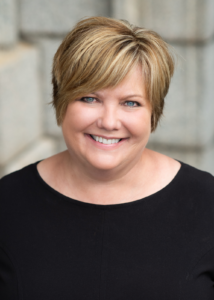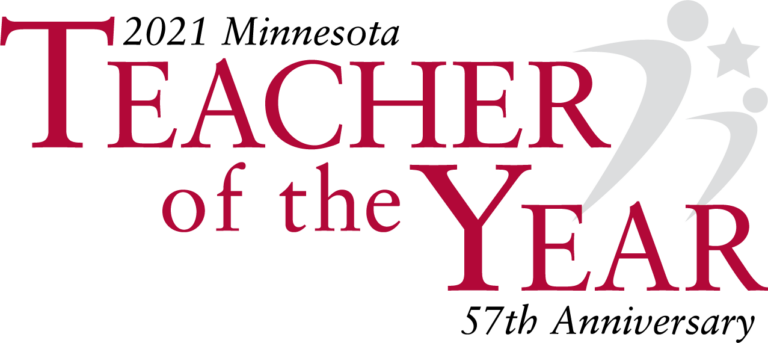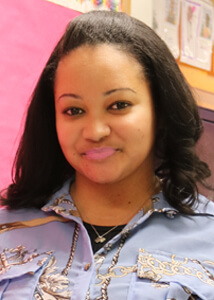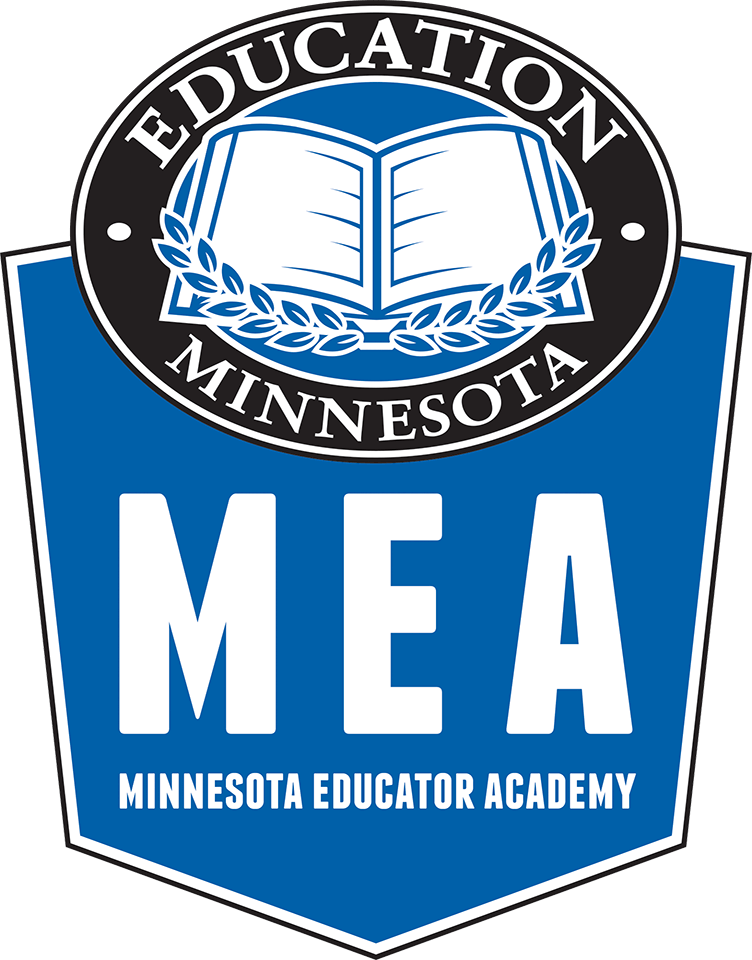
Minnesota educators take pride in their practice.
That pride has made our public schools some of the best in the nation. It’s what drives educators to demand a voice in their workplaces and insist on a fair return on our work. It is what moves us to collaborate with colleagues and seek out high-quality professional development.
I believe that pride in what, where and how we educate the students of Minnesota will enable our schools to adapt to the changing needs of a diversifying student body. But, as always, success will start with the teachers, education support professionals and other educators in the worksites every day.
One of the most important areas of professional development right now is in cultural competency, a term for the techniques and training educators use to help us become better educators for students of different races, cultures and gender identities.
The statistics are well known. About 95 percent of Minnesota teachers are white, while about a third of our students are people of color. The disparity is smaller when education support professionals are included, but the mismatch is still there.
Race is not the only issue. Students are more willing to identify their gender as non-binary. Educators agree all students deserve our respect, but it’s also true many educators need help navigating issues around gender identity.
In response, Education Minnesota is now offering an eight-hour course in cultural competency training, developed by many of the same people who created our union’s successful program called F.I.R.E, or Facing Inequities and Racism in Education.
The training includes modules on the need for equity in our society, the power of language to hurt and heal, and guided introspection about the implicit biases we all carry. Finally, participants will leave with an action plan for improving their practice with students and their relationships with their peers.
Education Minnesota believes this training includes all the content for cultural competency required for relicensure in the 2017 teacher licensure law, although local continuing education committees have the final authority to accept or deny submissions. Check with local leaders if you have questions.
Our union will be offering the training at regional sessions this school year. Local presidents and field staff will receive the details. The course will also be in our professional development book.
Eight hours may seem like a long time for a class required for relicensure, but this one is worth it.
This class can make us better educators for the students who need us the most.
Becoming a more supportive and welcoming colleague to an LGBTQ educator, or an educator of color, will not fix Minnesota’s problems retaining educators—but it will help.
Some districts will offer abbreviated cultural competency training. Some districts may even say the training isn’t necessary if an educator’s summative evaluation didn’t require it. I’m very concerned about bypassing or shortchanging this important professional development.
There’s reason to believe shoddy training in implicit bias could backfire and reinforce stereotypes we’re trying to shed. If that happens, it’s a problem for individual educators and could be a disaster for our union’s statewide efforts to close achievement gaps and retain a more diverse workforce of educators.
Minnesota educators have always sought excellent professional development, but I believe there’s never been a time when we’ve needed this particular training more than now. It’s time to show the pride in our practice, skip the shortcuts and commit to becoming the best we can be for all our students.
Together,
Denise
Twitter: @DeniseSpecht





